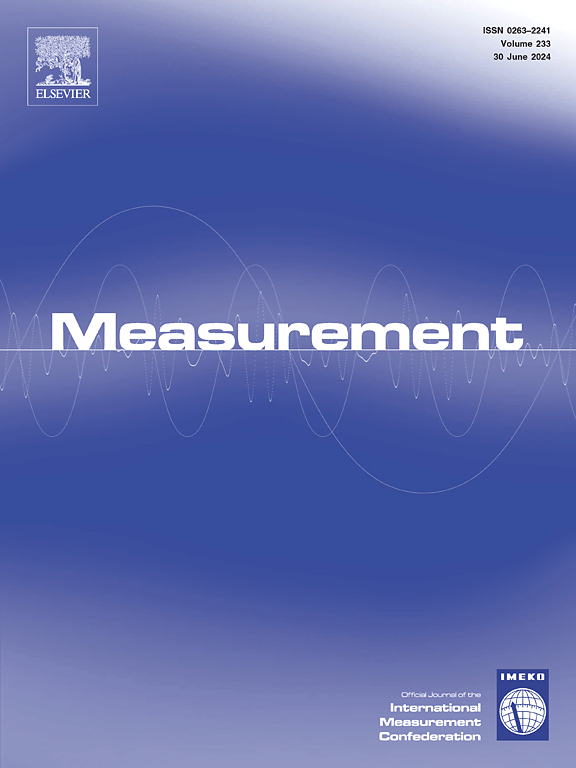Measurement and analysis of dynamic load sharing in planetary gear trains considering high power operations and system errors
IF 5.2
2区 工程技术
Q1 ENGINEERING, MULTIDISCIPLINARY
引用次数: 0
Abstract
Studying load sharing in planetary gear trains (PGTs) is crucial for enhancing their load capacity and minimizing vibration and noise. One of the primary factors influencing load sharing is the presence of various types of errors within the system. PGTs are inherently complex mechanical systems that involve numerous types of errors, making it impossible for theoretical models to comprehensively capture all of these errors. Therefore, research often necessitates focusing on certain errors, inevitably leading to limited outcomes. Current research has also emphasized this point. Experimentation is the most effective methodology; however, current experiments have not fully accounted for high-power operating conditions due to experimental costs and methodologies. High power is another important factor affecting load sharing. The load sharing coefficient is used to quantify the degree of load distribution among its components. In response to the aforementioned challenges, this paper proposes a precise measurement methodology for the dynamic load sharing coefficient of PGTs under high-power conditions, taking into account integrated errors within the system. Based on the processing and analysis of a large amount of collected data, the influence of high power (including rotational speed and torque) and the number of planetary gears on the dynamic load sharing coefficient is investigated. This work provides guidance for improving the load-bearing capacity and reducing vibration and noise in PGTs.
考虑大功率运行和系统误差的行星轮系动负载分担测量与分析
研究行星轮系的载荷分担问题对于提高行星轮系的承载能力、降低振动和噪声具有重要意义。影响负荷分担的主要因素之一是系统中存在各种类型的错误。pgt本质上是复杂的机械系统,涉及许多类型的误差,使得理论模型不可能全面捕获所有这些误差。因此,研究往往需要关注某些错误,不可避免地导致有限的结果。目前的研究也强调了这一点。实验是最有效的方法;然而,由于实验成本和方法的原因,目前的实验还没有完全考虑到高功率操作条件。高功率是影响负荷分担的另一个重要因素。负荷分担系数用于量化各部件间的负荷分配程度。针对上述挑战,本文提出了一种考虑系统内集成误差的大功率条件下pgt动态负载共享系数的精确测量方法。在对收集到的大量数据进行处理和分析的基础上,研究了大功率(包括转速和转矩)和行星齿轮数对动负载分担系数的影响。该工作对提高压电陶瓷的承载能力,降低压电陶瓷的振动和噪声具有指导意义。
本文章由计算机程序翻译,如有差异,请以英文原文为准。
求助全文
约1分钟内获得全文
求助全文
来源期刊

Measurement
工程技术-工程:综合
CiteScore
10.20
自引率
12.50%
发文量
1589
审稿时长
12.1 months
期刊介绍:
Contributions are invited on novel achievements in all fields of measurement and instrumentation science and technology. Authors are encouraged to submit novel material, whose ultimate goal is an advancement in the state of the art of: measurement and metrology fundamentals, sensors, measurement instruments, measurement and estimation techniques, measurement data processing and fusion algorithms, evaluation procedures and methodologies for plants and industrial processes, performance analysis of systems, processes and algorithms, mathematical models for measurement-oriented purposes, distributed measurement systems in a connected world.
 求助内容:
求助内容: 应助结果提醒方式:
应助结果提醒方式:


